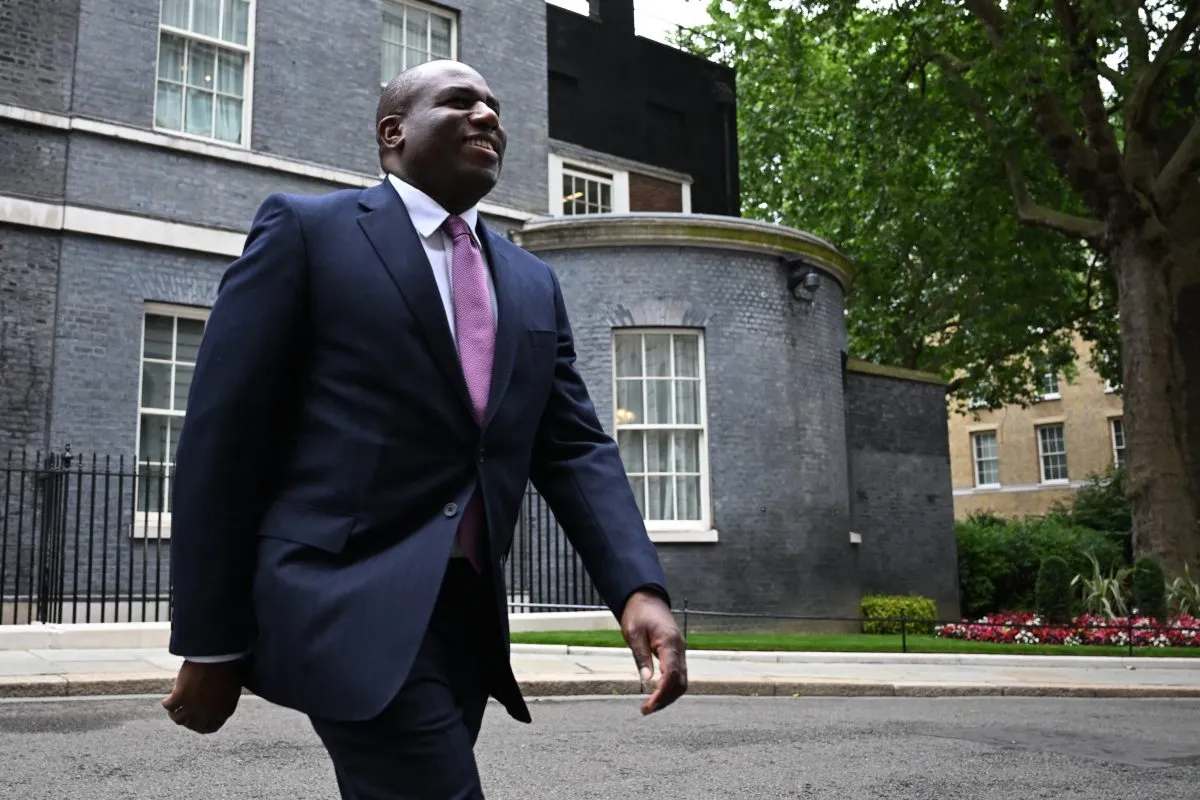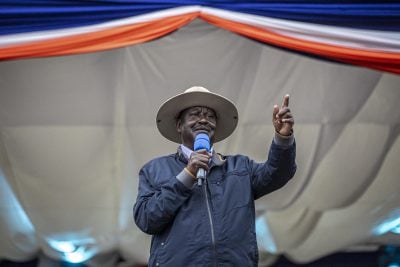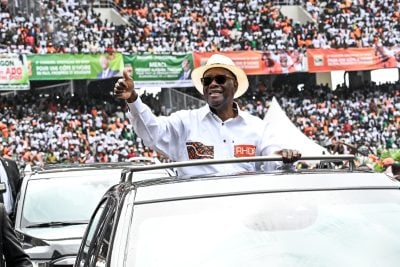A new Labour government has been elected in the United Kingdom promising “change” after fourteen years of Conservative-led government, including when it comes to the country’s foreign policy, but analysts say it is “difficult to predict” what this might mean for UK-Africa relations.
The Labour Party manifesto said that “recognising the growing political and economic importance of African countries, we will deliver a new approach to the continent to foster opportunities for mutual long-term benefit.”
While it remains to be seen what this “new approach” will mean in practice, many observers believe that the government will seek to develop closer trading ties with Africa as a way of achieving the economic growth which is a central priority of the new government. In its section on foreign policy, the Labour manifesto notes that “Labour’s first mission in government will be to grow our economy” and that “this will be at the heart of everything we do, including our foreign policy.”
Alex Vines, who leads the Africa Programme at the Chatham House think-tank in London, tells African Business that “the Foreign Secretary David Lammy (pictured) has said that resetting relations with the Global South is one of his top three priorities – and he has Africa partly in mind.”
“We will see a lot more cabinet-level visits to the continent – there has not been a UK cabinet-level visit to South Africa since 2018 for example – and encouraging trade will be a key priority for the new British administration,” he adds.
Prior to the election, Labour’s then-shadow minister for Africa, Lyn Brown, suggested that an incoming Labour government would seek to help African countries struggling with meeting sovereign bond repayments. However, she did not clarify whether this would mean assisting African countries under the existing G20 “Common Framework” for debt restructuring, or whether the new government would seek to establish new frameworks entirely.
Vines says that “global governance reform is something Labour has spoken about, including international efforts to cancel debt” and that “the recent crisis in Kenya has put this higher on the international agenda.”
To the extent that foreign policy featured in the UK election debates, the focus was more on situations such as the Israel-Hamas conflict in Gaza and the ongoing war in Ukraine.
Vines notes that, partly as a result of this, “in the run-up to the elections Africa figured low in Labour speeches and preparations.”
“The party’s then shadow minister for Africa, Lyn Brown, did not even run and Lisa Nandy, shadow development secretary, was appointed culture secretary after the elections,” he says.
“David Lammy has told African diplomatic envoys that there will be an updated Africa strategy, but who will lead on this and what difference it will make is difficult to predict.”
Want to continue reading? Subscribe today.
You've read all your free articles for this month! Subscribe now to enjoy full access to our content.
Digital Monthly
£8.00 / month
Receive full unlimited access to our articles, opinions, podcasts and more.
Digital Yearly
£70.00 / year
Our best value offer - save £26 and gain access to all of our digital content for an entire year!

 Sign in with Google
Sign in with Google 



